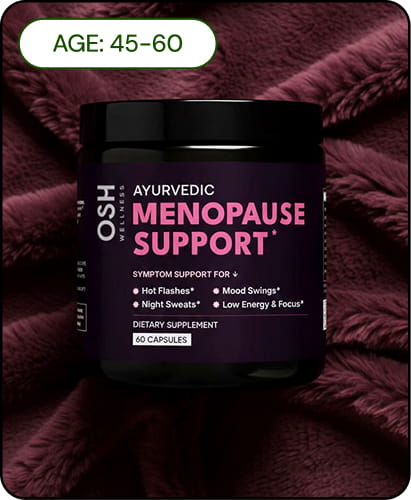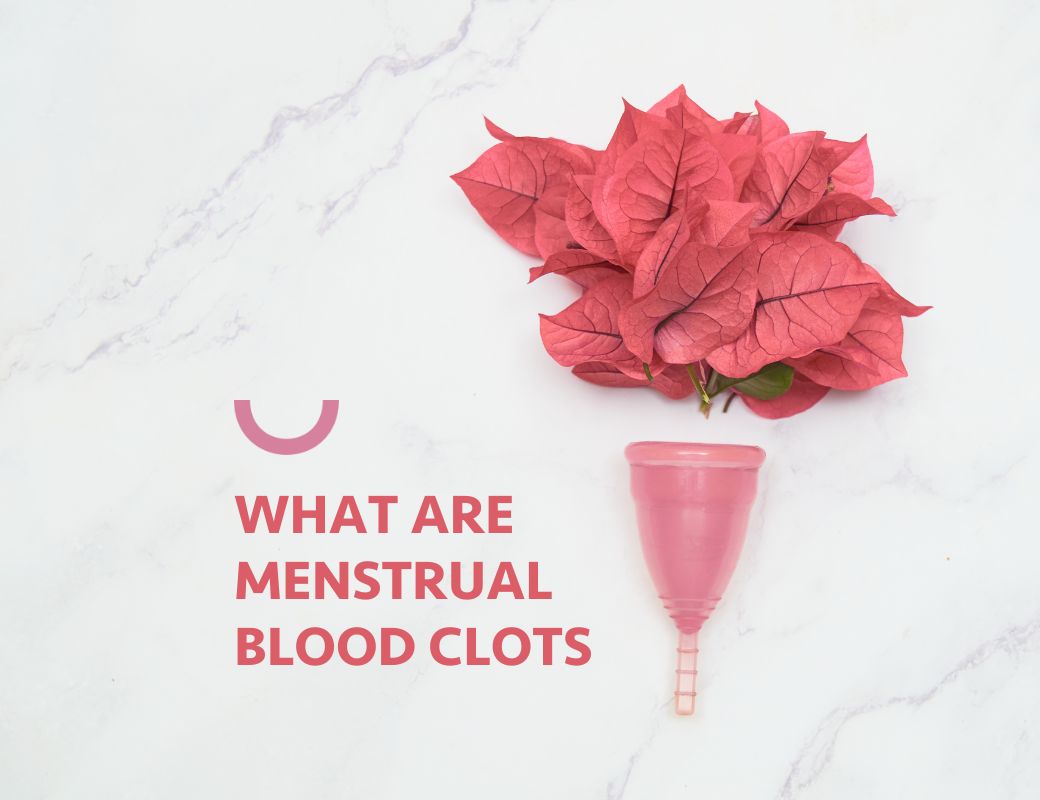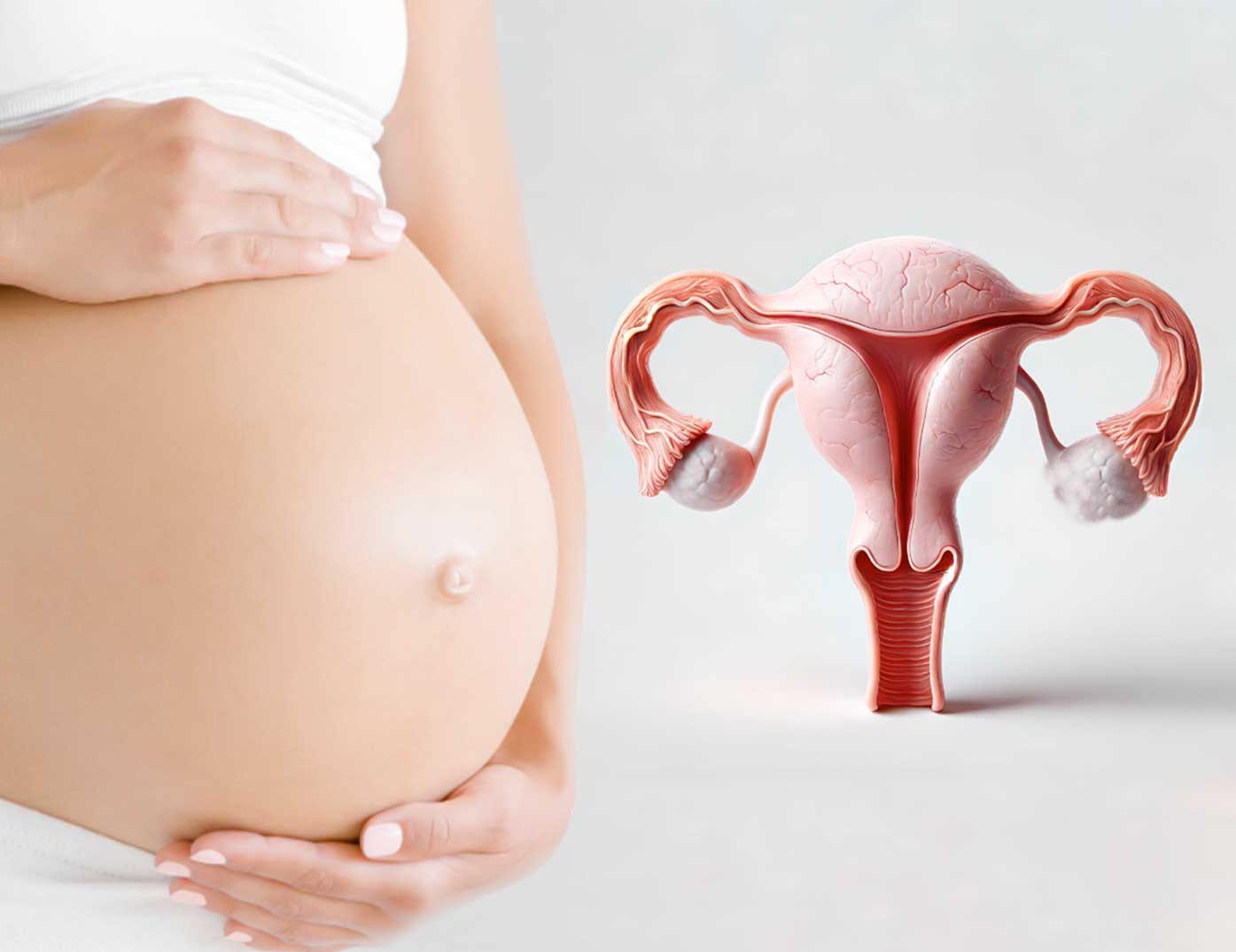Table of contents
Pregnancy is a time when the body undergoes significant changes. These changes require optimal nutrition to support you and your developing baby. Among the essential nutrients for pregnancy, biotin stands out for its role in promoting overall health. We’ll explore the benefits of biotin during pregnancy, including its function in the body, its sources, and its impact on both moms and their growing little ones.
What is Biotin and Why Does Your Body Need It?

Biotin, also known as vitamin B 7, is a water-soluble vitamin crucial in various metabolic processes. It is part of the B-vitamin complex, which helps the body convert food into energy . Biotin is and has become popular for supporting skin, hair, and nail health. It is also essential for nervous system function and the metabolism of carbohydrates, fats, and proteins, ensuring that the body efficiently uses these macronutrients.
Biotin's importance is amplified during pregnancy as it supports both maternal and fetal health. Although rare, a deficiency in biotin can lead to a variety of health issues, including hair loss , skin rashes, and neurological symptoms.
Which Foods Are Rich in Biotin?

Fortunately, Biotin is naturally found in various foods, making it relatively easy to incorporate into a balanced diet. Some of the most biotin-rich foods include:
Nuts and Seeds: Almonds, walnuts, sunflower seeds, and peanuts are excellent sources of biotin, along with healthy fats and protein.
Legumes: Beans, lentils, and peas provide biotin and fiber, which is important for digestive health during pregnancy.
Whole Grains: Foods like oats, barley, and whole wheat are good sources of biotin and offer additional nutrients like fiber and B vitamins.
Egg Yolks: A rich source of biotin, egg yolks are also packed with other essential nutrients, such as protein and healthy fats.
Organ Meats: Liver and kidney are extremely high in biotin, though they should be consumed in moderation during pregnancy due to their high vitamin A content.
Incorporating these foods into your diet can help maintain adequate biotin levels for you and your baby.
Biotin and Its Benefits During Pregnancy for Expecting Moms

A woman's nutritional needs increase during pregnancy to support her growing baby. Biotin is vital in maintaining maternal health by supporting metabolic functions and promoting hair, skin, and nail health . While many women long for that pregnancy glow, the truth is that pregnancy can cause changes in your skin due to hormonal fluctuations. Biotin can help alleviate some of these issues by improving the structure and strength of skin as well as hair.
Biotin also supports the nervous system , which is crucial during pregnancy as the body undergoes significant changes. This trait can be particularly important for individuals with nerve pain, but even those without can benefit from biotin’s ability to aid nerve activity and signals.
Additionally, biotin helps regulate blood sugar levels , which is important for preventing gestational diabetes, a common concern during pregnancy.
Biotin and Its Benefits for Developing Babies

Biotin is equally important for the little ones in utero. It supports the growth and development of the nervous system, which begins to form early in pregnancy. Adequate biotin levels are essential for properly forming the brain and spinal cord, reducing the risk of neural tube defects.
Biotin also contributes to the overall growth and development of the baby by supporting the synthesis of essential fatty acids and amino acids , the building blocks of cells and tissues. Ensuring that you have adequate biotin levels as an expecting mom can help promote a healthy pregnancy and reduce the risk of developmental issues.
What are the Safe Limits of Biotin Dosage During Pregnancy?
It’s clear that biotin is essential during pregnancy, but some moms-to-be may wonder, “Can I take too much biotin during pregnancy?”
Therefore, it’s important to be mindful of the dosage. Interestingly enough, there is no recommended daily allowance (RDA) put forth by the Food and Drug Administration (FDA) for biotin because there isn't enough evidence to suggest a daily amount that most healthy people need. Mayo Clinic recommends 30-100 micrograms (mcg) per day of Biotin for adults [ 1 ]. This amount is typically sufficient to meet the increased needs during pregnancy without posing any risk to the mother or her baby.
Elite Prenatal - One of the most comprehensive prenatal multivitamins in the market, contains 70mcg of Biotin which can help overcome any deficiencies during pregnancy.
Still, it’s important to note that biotin supplements, just like any other supplements during pregnancy, should only be taken under the guidance of a healthcare provider. Excessive biotin intake can lead to potential side effects, although it is generally considered safe at recommended doses.
Who Should Not Take Biotin?
While biotin is generally safe for most pregnant women, it may not be recommended in certain situations. Women with certain medical conditions, such as kidney disease or those undergoing dialysis, should avoid taking biotin supplements unless directed by a healthcare provider.
Additionally, if you are already taking a prenatal vitamin, it is important to check the biotin content to avoid excessive intake. High doses of biotin can interfere with laboratory tests, leading to incorrect results, so it is important to inform your healthcare provider if you are taking biotin supplements.
Biotin – Beneficial for Your Baby and You!
Biotin is a vital nutrient that plays a significant role in promoting a healthy pregnancy. Its benefits during pregnancy are numerous, from supporting maternal health to aiding in the development of babies in utero. By incorporating biotin-rich foods into your diet or taking a supplement as necessary, you can help ensure a healthy pregnancy for both you and your baby.
FAQs
Can biotin affect pregnancy test results?
Yes, biotin can affect both urine pregnancy tests and blood pregnancy tests. In urine tests, excessive amounts of biotin can prevent the control line from developing, rendering the test inconclusive. In blood tests, too much biotin can lower the concentration of hCG.
Who should not take biotin?
Biotin is generally considered safe, but you should always consult your healthcare provider before taking biotin. It is possible to be allergic to biotin, in which case you should avoid the vitamin. It’s also recommended not to take biotin 48 hours before laboratory testing.
What are the symptoms of biotin deficiency during pregnancy?
Symptoms of biotin deficiency may include hair loss, skin rashes, and neurological issues. However, biotin deficiency is rare. If you suspect a deficiency, consult your healthcare provider for appropriate testing and guidance.








